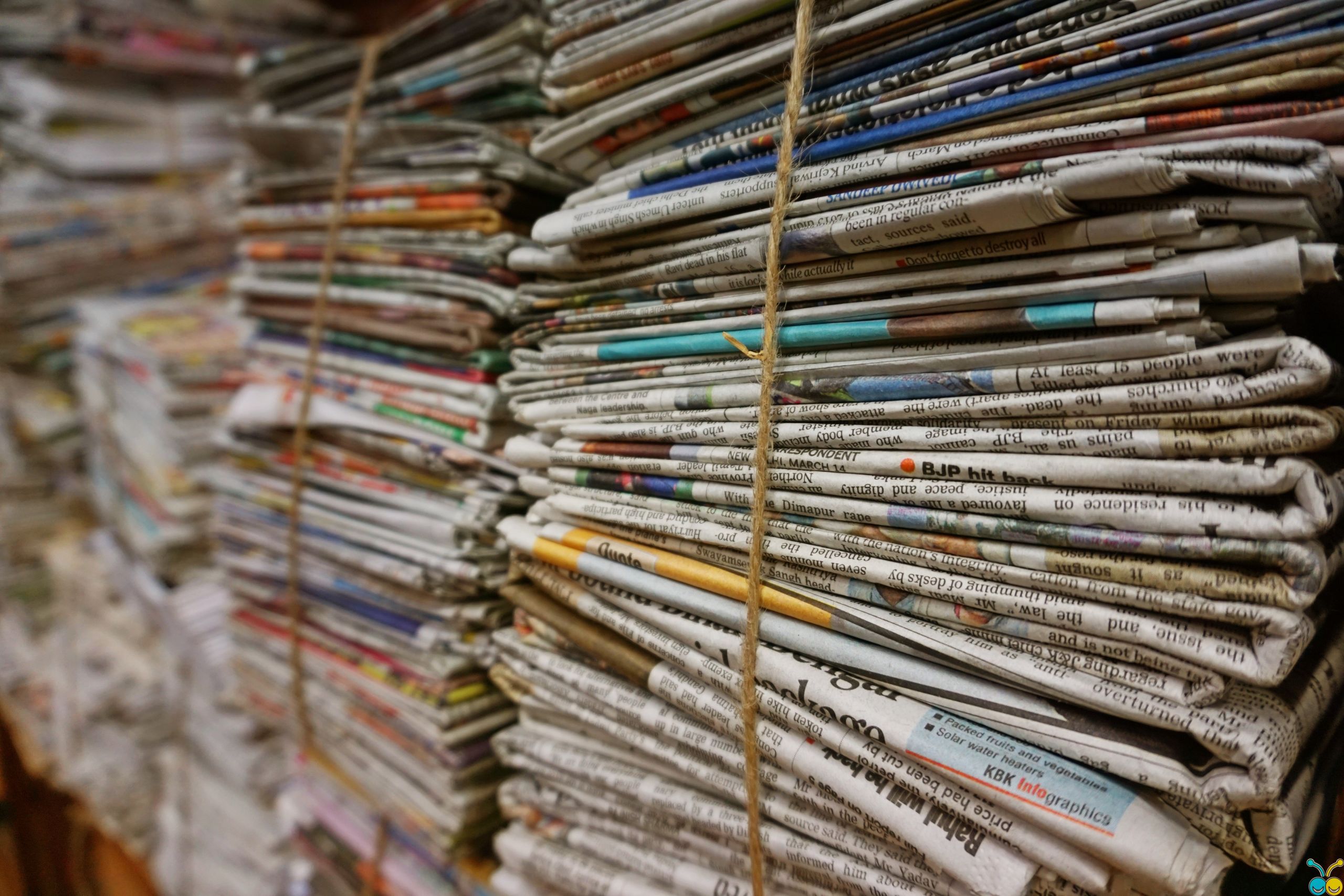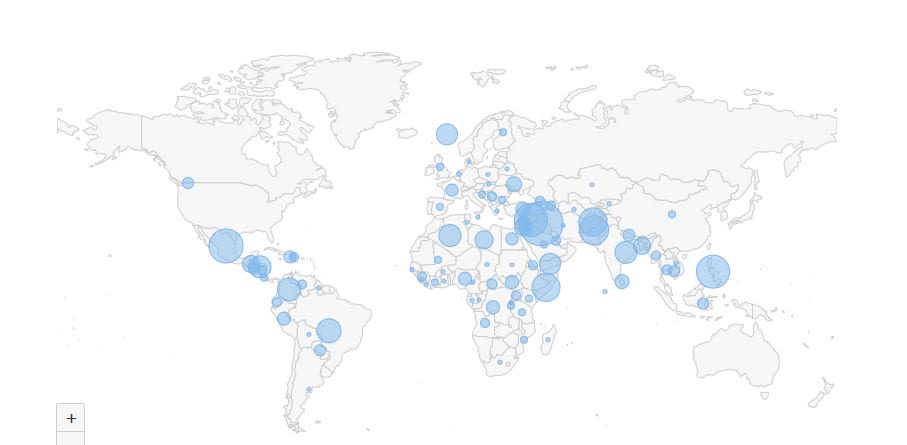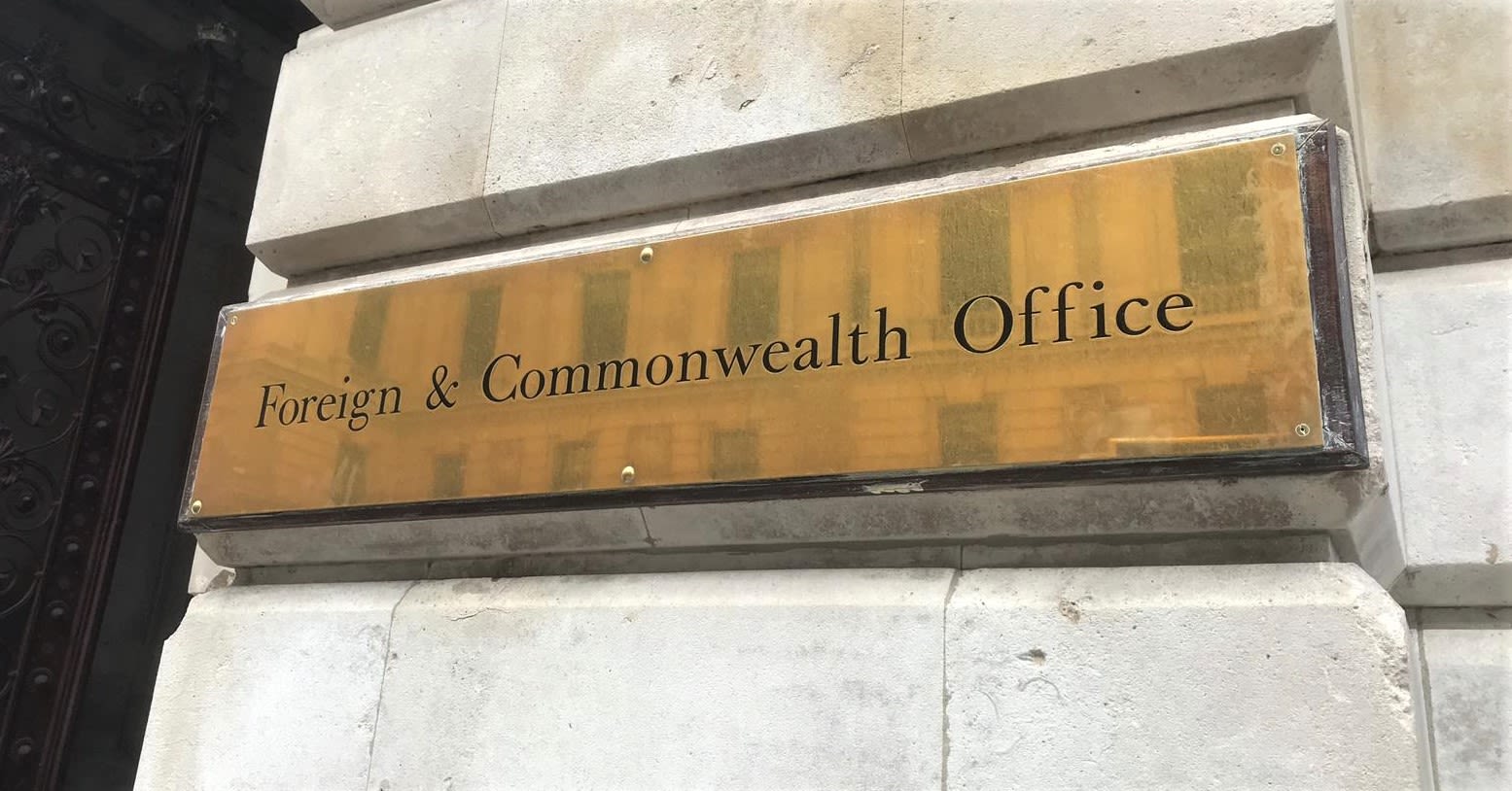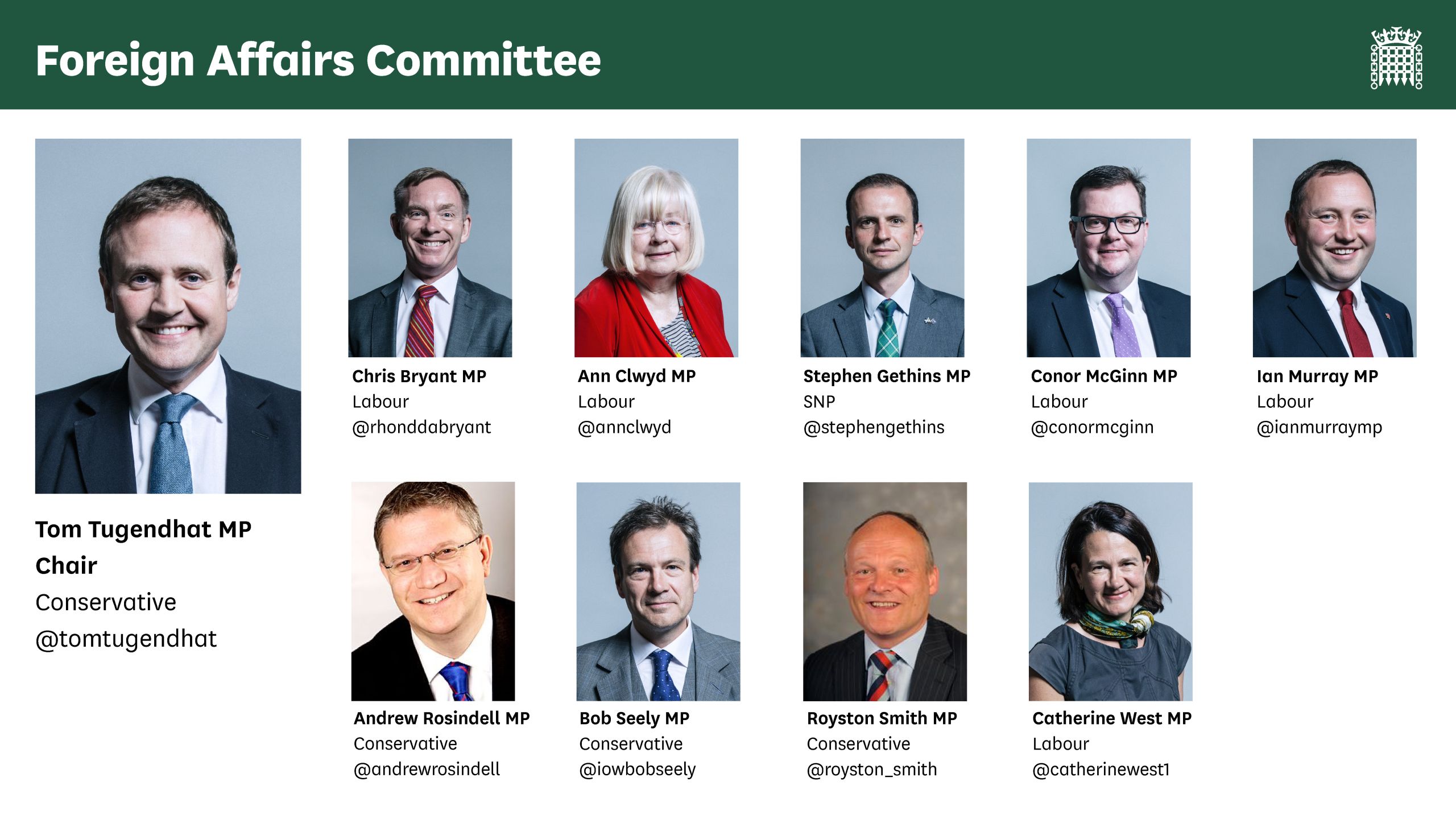Defending the world’s media freedom

We all need information, and we need it to be true.
Factual reporting should inform the decisions that we make as individuals, nations, or a global community. Media freedom underpins democracy, prosperity, and the stability of society.
A free media is an antidote to disinformation, whereas an unfree media risks being a mouthpiece for 'fake news'.
But what if that were replaced by silence? Or by lies?

The Foreign Affairs Committee found media freedom to be an endangered liberty, under attack from a widening array of abuses. The problem is getting worse, and it doesn't just affect countries 'far away' from the UK. Evolving threats, especially those online, mean that journalists face danger wherever they are. And Britain being an island will not protect it.
Death is the ultimate threat faced by journalists. Almost one thousand have been killed due to their work in the past ten years. To repeat: that's an average of one every four days, for a decade. The UN records their names. Contrary to what some people might think, most journalists are not killed doing 'war reporting'. And they are deliberately targeted: murdered for trying tell the truth.

Image from UNESCO's Observatory of Killed Journalists
We heard about Daphne Caruana Galizia, killed by a car bomb in Malta. Jamal Khashoggi, reportedly strangled then dismembered in the Saudi Consulate in Istanbul. Ján Kuciak: shot, along with his fiancée, in Slovakia. But the deaths of most journalists never hit the headlines. And these killings are, according to the UN, just the 'tip of the iceberg' in terms of threats that they face.
Journalists and their supporters the world over took part in our inquiry, from Afghanistan to Zambia. And, from different countries and contexts, they all described the same catalogue of abuses against the press.
The law, which should protect journalists, is too often used to punish them instead.

Journalists can also be harassed and intimidated into silence: an old problem, being given new range by technology. Those who abuse journalists can now do so across borders and through cables using digital means. We heard how social media has been 'weaponised'. Iran has long sought to silence the BBC's Persian Service but Rana Rahimpour, a Senior Presenter with that organisation, told us how the threats now come through the internet. Female journalists are particularly targeted, often with fake pornography or sexualised slurs intended to demean and discredit them. All for working as a journalist.
Jessikka Aro is a reporter living and working in Finland. But, after she exposed the work of pro-Kremlin trolls in Russia, they used the internet to harass and intimidate her wherever she was.
Another huge threat to journalists is financial: with new online rivals emerging, and advertising revenue becoming harder for them to get, more and more news organisations are struggling to fund public-interest journalism. That makes them vulnerable, as governments or wealthy individuals try to exploit that financial weakness to achieve the media's silence or obedience. From all around the world, journalists complained in particular about how the rich and powerful are buying news organisations to ensure that they won't be criticised.
Hear more stories from journalists around the world here.
The FCO has said that defending media freedom around the world is its 'priority campaign for 2019'. To focus the Department on these issues, the Committee makes ten recommendations in its Report.
We want to see the FCO do more to publicly shame those who abuse the media, and to punish them with sanctions. We want to see more done to protect journalists from digital threats. And we want to see more to free journalists from their financial vulnerabilities.
In the initiatives that it's announced so far, the FCO is too reliant on voluntary and non-binding measures: the word and the goodwill of the governments that have been among the worst abusers of the press. It can, and it must, go further.

Our report on global media freedom available to read here or in PDF form here
If you’re interested in our work, you can find out more on the House of Commons Foreign Affairs Committee website. You can also follow our work on Twitter.
The Foreign Affairs Committee is made up of cross-party MPs. Its remit is to examine the expenditure, administration and policy of the Foreign and Commonwealth Office.

